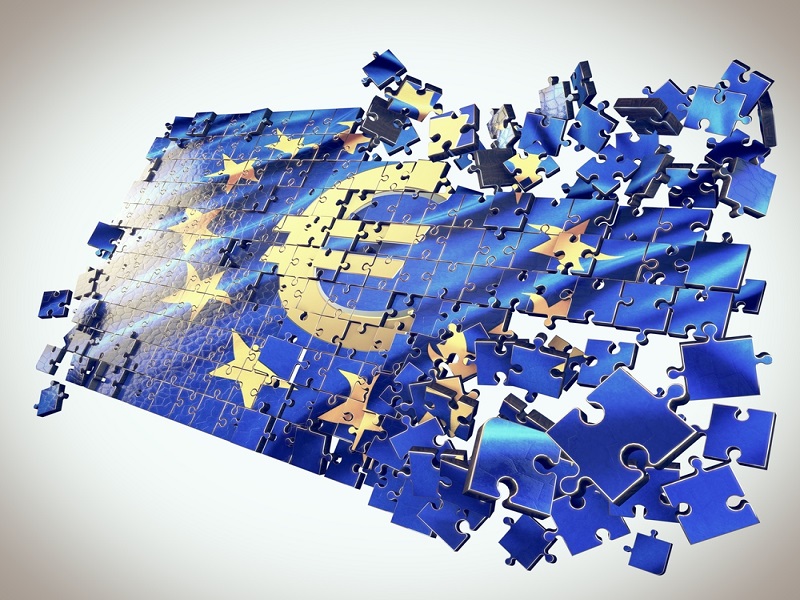The process of transferring value around the world is being faced with a lot of scrutiny from both consumers and regulators. In the current traditional financial world, sending money across country borders is proving to be quite a challenge. The European Payments Council showcased their proposal for a pan-European instant credit transfer scheme for the SEPA zone.
Also read: Interview with Alex Sunnarborg founder of Lawnmower.io
Pan-European Instant Payments Are Coming Soon
Despite best efforts by the European Union to create the illusion of forming a united front, things are vastly different when it comes to financial matters. On the one hand, there is the Single Euro Payments Area (SEPA) where users can send bank transfers to each other in a matter of mere minutes. From a convenience point of view, this is a major improvement compared to waiting for a handful of days for funds to clear.
But at the same time, the SEPA zone only represents a fraction of Europe and a lot of countries do not have access to this instant bank transfer scheme. In the United Kingdom, for example, there is a separate project called Faster Payments, which promises to clear payments immediately between parties.
Even though the United Kingdom is “attached” to the European Union, they do not use the Euro, nor do they have access to the SEPA scheme. This creates a very fractured financial ecosystem where various payment methods are competing with each other instead of communicating to create an improved user experience.
The proposals by the European Payments Council would alleviate some of these worries, as it would create a credit transfer payment instrument – denominated in Euro – for the 34 SEPA countries. But there are several issues that still need to be addressed, as the transfers are not as fast as they could be in their current form.
But that is not the only concern, as the third-party clearing and settlement agencies will need to approve this proposal as well. Faster transfers would mean more work for those parties while having less opportunity to scalp some interest from holding on to the funds. If everything goes according to plan, a result can be expected by November 2016.
Bitcoin Removes All Payment Infrastructure Fragmentation
While the efforts made by the European Payments Council can only be deemed commendable, it is not addressing any of the main issues plaguing the global financial ecosystem. There is no simple payment solution across continents unless consumers are comfortable with paying exchange rate fees for every small transaction.
Bitcoin, despite not being embraced by a mainstream audience just yet, does not suffer from any of these issues. Unlike traditional payment options, Bitcoin is a universal, borderless and frictionless payment method with instant transactions at minimal costs. Additionally, Bitcoin can be converted to nearly any local currency in the world without too much effort.
There are many advantages to Bitcoin compared to the proposal outlined by the European Payments Council. With no need to rely on third parties to settle and clear transactions, and being available throughout the entire world, Bitcoin is clearly a superior payment system. It is only a matter of time until the general population recognizes that fact.
Source: Finextra



